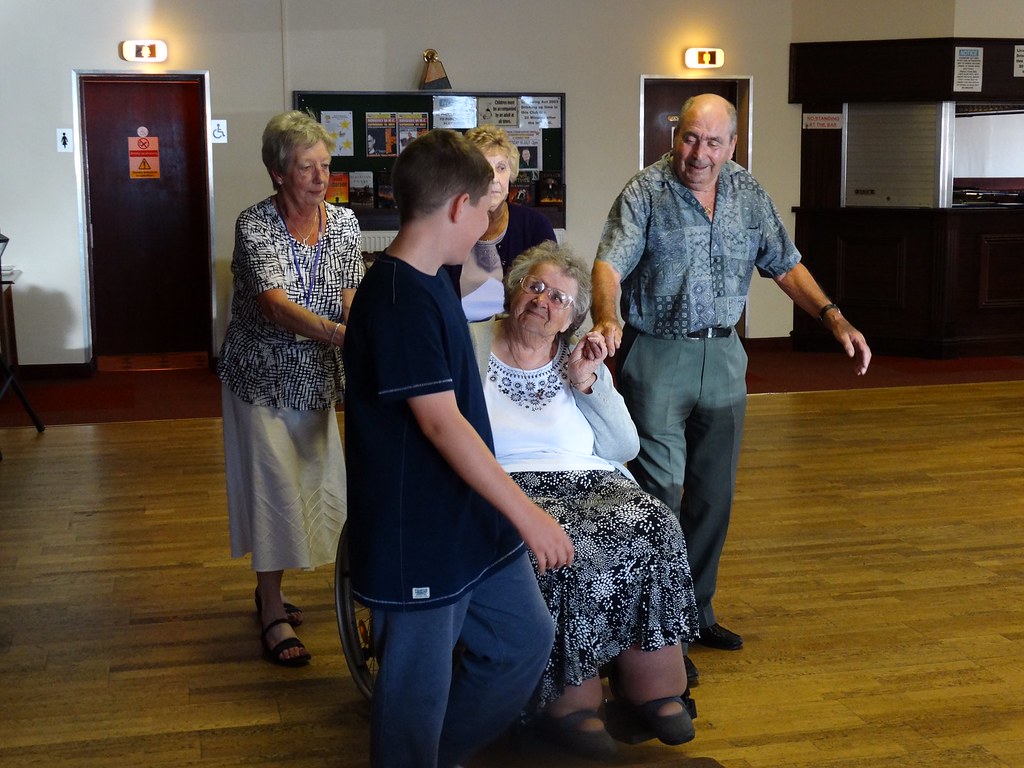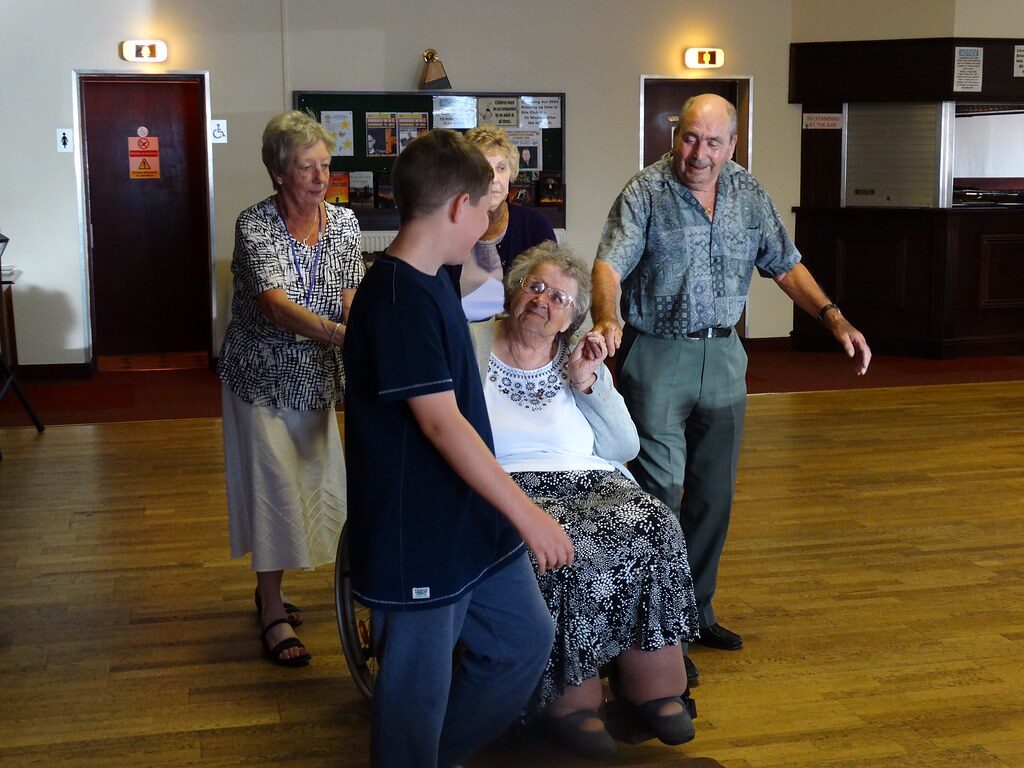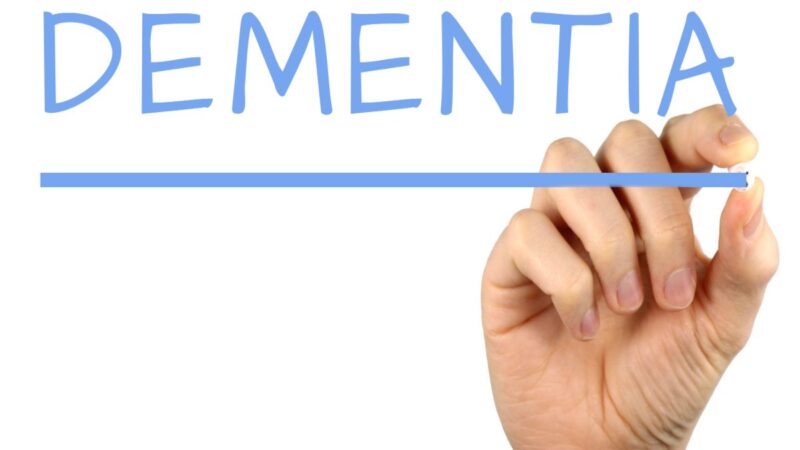What Problems Do the Elderly Face on a Day-to-Day Basis?

Seniors may demand more care than ever before as they get older. Seniors may require more support, whether in the form of personal care or simply companionship, in order to remain healthy, happy, and strong. Even the most basic tasks might become difficult or impossible for elders with dementia or Alzheimer’s disease. These problems necessitate specific care in order for the senior to be safe and happy. However, caring for a senior with dementia or Alzheimer’s disease has its own set of obstacles and demands.
Why Do Seniors with Alzheimer’s or Dementia Require Specialized Care?
Alzheimer’s disease and dementia have symptoms and outcomes that are unlike any other disorder that affects elderly. These illnesses can impair every aspect of a senior’s life, emphasizing the importance of specialized and tailored care. Although each case of dementia is unique to the individual suffering from it, there are a few common symptoms that seniors with these disorders may encounter:
- Memory and cognitive reasoning are both deteriorating.
- Changes in mood and/or conduct (sometimes abrupt)
- Disorientation and a general sense of befuddlement
- Inability to communicate or carry on a conversation
- Walking or swallowing difficulties
- Lack of recognition of persons, locations, and/or time
- Inability to participate in activities, such as personal care and day-to-day activities.
- Over time, the severity of all symptoms has gotten worse.
What Caregivers Should Be Aware Of
Anyone caring for an elderly person has a lot on their plate. However, because the effects of dementia and Alzheimer’s disease are gradual and always distinct, a caregiver’s responsibilities in these cases can be significant. Not only must the caregiver provide a range of services to the senior, but the caregiver also faces a number of problems. This is especially true for careers in the family.

A Senior Caregiver’s Basic Responsibilities
Caring for a senior with dementia or Alzheimer’s necessitates a wide range of skills and responsibilities. The following are some of the responsibilities of caregivers:
Physical care/necessities:
Bathing and grooming, as well as moving, walking, and eating, may require assistance. Lifting and moving elderly, as well as assisting them with everyday tasks, may be necessary for caregivers.
Cooking and housekeeping:
Many elderly are unable to clean and cook in the kitchen as well as they formerly did. It is, in fact, dangerous for many elders. Caregivers may need to assist elders with housework, laundry, and meal preparation.
Medical and dietary assistance:
They, like most carers, may be called upon to assist elders with medicine, transportation to doctors’ appointments, and other tasks. In addition, caregivers must be competent to assess medical requirements. Caregivers may also be expected to pay attention to nutritional requirements, allergies, hydration intake, and other factors.
Interaction with others:
Seniors are considerably more prone to feel lonely and alone, thus providing care is as much a social activity as it is a medical need. Caregivers offer elders with company, assist them in remaining social, and assist them in identifying emotional needs.
Finances:
When a senior requires care, many family caregivers face a significant financial strain. Caregivers may be in charge of money, bill payment, and other duties.
Dementia Caregivers Face Unique Challenges
Alzheimer’s and dementia patients have extremely specific symptoms that might be difficult to control. This raises the bar for caregivers to a whole new level. Some of the special obligations that these careers have are listed below.
Education
First and foremost, caregivers of elders with dementia of any kind must be informed on the disease. Staying informed may also mean deciding to seek expert treatment in a different way/location for many family caregivers. All caretakers must be able to plan and anticipate situations, ensuring that they are prepared for any eventuality. Caregivers must be well-versed on the signs and outcomes of various disorders, as well as safety procedures and the impact of caregiving on the caregiver.
Support Emotionally
Caregivers must provide emotional assistance in addition to physical help. This entails addressing a senior’s worry and assisting them in accepting the truth that they have dementia. When a senior is agitated, they must be able to calm them down, maintain cool, and be patient. In practically every element of a senior’s care, caregivers must be actively involved. This involves links between medical personnel, family and loved ones, and other members of a care team, among other things. Caregivers must be able to communicate successfully with all aspects of a senior’s care.
Adaptability
When it comes to elders with dementia, caregivers must have a specific sense for judging circumstances. They must be able to make snap decisions and pick up on even the tiniest changes in a senior’s behaviour, symptoms, or surroundings. This also implies that caretakers must be able to adapt and modify as necessary. Caregivers of seniors with dementia of any sort must be able to assess the senior’s environment for safety hazards and possible threats, as well as detect any new or worsening issues.
Self-Care
Caring for a senior with Alzheimer’s or dementia, on the other hand, necessitates caring for the caregiver as well. This implies that in order to adequately care for the senior, the caregiver must take special care of themself. It might be difficult to cope with certain habits, to be patient when a senior’s memory deteriorates, and to listen to unpleasant things stated. Symptoms can be unpredictable and difficult to manage, as well as emotionally draining for the caregiver. Caregivers must exercise exceptional self-care in these situations. Caring for elders who suffer from these ailments can be physically and emotionally taxing. Dementia and its consequences can be unpleasant for both the elder and the caregiver. Caregivers must be physically, emotionally, and mentally prepared to deal with all of the difficulties that come with dementia caregiving. To learn more about specialised care and how we may assist, contact a Caring team near you today.
- Unlocking the Secrets: How to Become a Successful YouTuber - March 17, 2024
- Unlocking the Power of Home Loan Calculators: A Comprehensive Guide - March 9, 2024
- Understanding Dementia: A Comprehensive Guide - March 7, 2024






